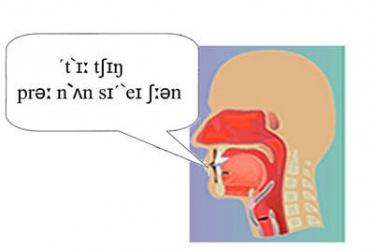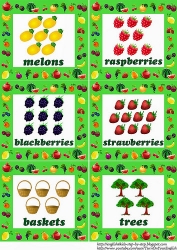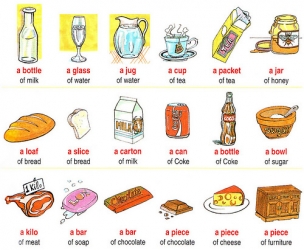second language (n)
/ˈsɛkənd ˈlæŋɡwɪdʒ/
ngôn ngữ thứ hai
a language that someone learns to speak well and that they use for work or at school, but that is not the language they learned first

native speaker (n)
/ˈneɪt̮ɪv ˈspikər/
người bản xứ
a person who speaks a language as their first language and has not learned it as a foreign language

accent (n)
/ˈæksɛnt/
giọng (phát âm)
a way of pronouncing the words of a language that shows which country, area, or social class a person comes from

plural (n)
/ˈplʊrəl/
dạng số nhiều
a form of a noun or verb that refers to more than one person or thing

grammar (n)
/ˈɡræm.ər/
ngữ pháp, văn phạm
the set of rules that describe the structure of a language and control the way that sentences are formed

language (n)
/ˈlæŋɡwɪdʒ/
tiếng, ngôn ngữ
the method of human communication using spoken or written words

conversation (n)
/ˌkɒn.vəˈseɪ.ʃən/
cuộc hội thoại
a talk between two or more people, usually a private and informal one

countable noun (n)
/ˈkɑʊn·tə·bəl ˌnɑʊn/
danh từ đếm được
a noun that can be counted because there can be one or more of it

verb (n)
/vərb/
động từ
a word or group of words that expresses an action (such as eat), an event (such as happen), or a state (such as exist)

adverb (n)
/ˈædvərb/
trạng từ, phó từ
a word that adds more information about place, time, manner, cause, or degree to a verb, an adjective, a phrase, or another adverb

pronoun (n)
/ˈproʊnaʊn/
đại từ
a word that is used instead of a noun or noun phrase, for example he, it, hers, me, them, etc.

preposition (n)
/ˌprɛpəˈzɪʃn/
giới từ
a word or group of words, such as in, from, to, out of, and on behalf of, used before a noun or pronoun to show place, position, time, or method

idiom (n)
/ˈɪdiəm/
thành ngữ
a group of words whose meaning is different from the meanings of the individual words
































 Hãy đăng ký thành viên và đăng nhập để sử dụng chức năng này!
Hãy đăng ký thành viên và đăng nhập để sử dụng chức năng này!
Bình luận